MoCCA Arts Festival is Manhattan’s largest independent arts and comics convention which drew more than 8,000 people to its artist booths and panels in 2023, according to Comics Beat.
This year it was held on March 16 and 17 at the Metropolitan Pavilion. Students from Queens College, City Tech and the CUNY Graduate Center were among the exhibitors.
“I was kind of wondering why CUNY never had a table,” John Lee, an adjunct design professor at Queens College and professional illustrator, said. “The stories coming out of Queens — the stories are different than the ones coming out of a private art college.”
His students’ reportage illustrations often offer a unique look at their workplaces — a movie theater after closing hours, the view from behind a cotton candy seller’s cart or places connected to their cultural backgrounds, like Syama Jivana Ramnarine’s zine depicting a temple dedicated to the Hindu god Ganesh in Flushing where her grandfather found community with fellow Tamil speakers.
Lee originally raised the idea of Queens College tabling at MoCCA in his storyboarding class. He also “hounded the school” for around $400 to cover both the exhibitor fee and the cost of badges for the over 20 students who attended and worked the booth.
Students took the initiative from there, forming a Discord server to assemble a portfolio — mostly stickers and prints — and collaborative zines they later sold at the festival. Some took on extra tasks like Benedicto Lucero, who was responsible for print production, and Jenette Cruz, who raised additional money for supplies through Twitch streams.
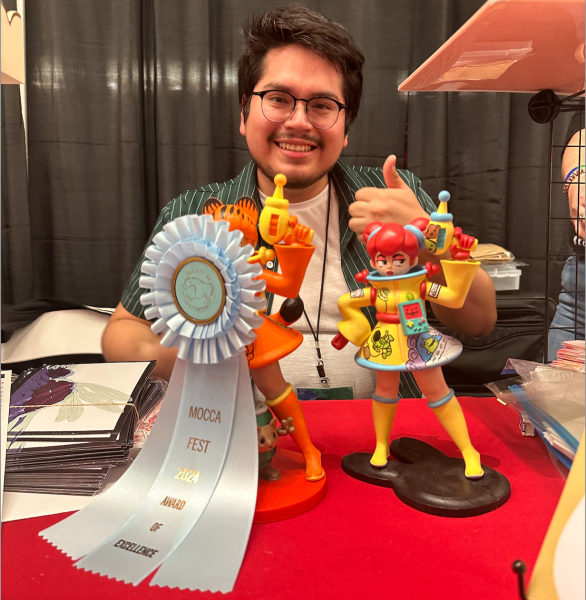
Queens College student Andy Chauca won one of the Awards of Excellence — given to artwork judged the best in the festival — for “Space Girls,” two 3D-printed sculptures. The award included a $100 financial prize and a pen tablet from the sponsor Xencelabs.
CUNY was represented among the three judges by Jonathan Gray, an associate professor of English at John Jay and the Graduate Center. Gray was the founding editor of Pace University’s Journal of Comics and Culture, co-edited the essay collection “Disability in Comics and Graphic Novels” for Palgrave Macmillan and is currently working on a book project titled “Illustrating the Race: Representing Blackness in American Comics.” In addition to serving as a MoCCA judge, he also moderated a panel on political expression in comics.
Queens College students who served as organizers emphasized the networking opportunity MoCCA provides and offered advice to other creatives at CUNY.
“How can you stand out if you’re just making masterpieces in private and not practicing communicating with people?” Divine Rose Pamolarco asked. She added that artists attending CUNY should have more opportunities to take advertising and marketing classes. She also recommended that tabling artists should bring no more than 10-15 of each product — something she had to learn from experience.
Ramnarine encouraged taking full advantage of student discounts, highlighting the Society of Illustrators’ weekly Wednesday life drawing sessions. El Montenegro also encouraged other students to push past “the struggle with thinking that my art is worth selling, is good enough,” in a competitive industry where “artists tend to be shamed for wanting to be artists.”
While Queens College was new to MoCCA, City Tech’s Ink Club had previously tabled in 2019. Club president Sebastian Chapman, spoke to The Ticker about Ink Club’s return, reporting a great turnout of over 15 student artists, and touching on numerous challenges, including a need for organization.
“Apply on the very first minute, hour, day [exhibitor submissions open,]” Chapman said. He saw club budgets as a potential issue, “because of how long it takes to get anything approved.” He identified areas where he thought CUNY could improve its programming for arts students, including through tax education for freelancers and offering classes focused on industry-standard Adobe programs.
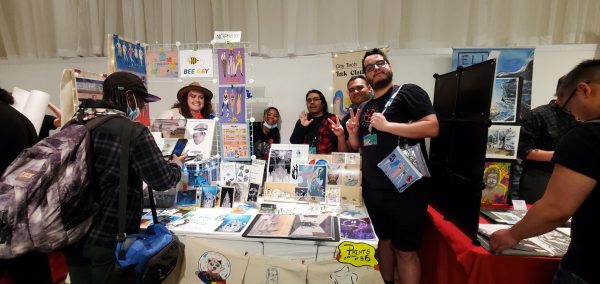
Graduate students were also present at MoCCA in the form of the CUNY Comix Programming Group, led by Sandy Jimenez and Annabelle Heckler.
Jimenez is best known as an artist for “Marley Davidson: Bronx Exorcist” and “Shit House Poet,” two long-running series in the leftist comic anthology magazine World War 3 Illustrated. Heckler, another contributor, primarily creates historical nonfiction comics about queer and labor activism featured in publications like Labor Notes.
Jimenez and Heckler’s primary goal in attending MoCCA was to distribute copies of “Comics as a Second Language,” an anthology produced by the first class on nonfiction comic making in the Graduate Center’s M.A. program of biography and memoir.
Jimenez called MoCCA, “kind of an ideal place” for independent artists to table in comparison to festivals like New York Comic Con, which is, “much bigger, much more corporate.”
It’s also cheaper to attend. A weekend at MoCCA costs at most $30 with discounts for students. A single-day ticket to New York Comic Con is over $70.
Jimenez said that there were more publishers for comics now than 12 years ago when, “there were big companies that were like, ‘that’s for kids!’ even though we were decades into masterworks like Maus.”
North American comic sales more than doubled from 2020 to 2021, exceeding $2 billion, according to Publisher’s Weekly, but Jimenez said that wages for artists haven’t kept pace.
More attention was drawn to the working conditions of comics artists by #ComicsBrokeMe, a public discussion on exploitation in the industry that erupted on social media after the death of artist Ian McGinty last year. Heckler called the unionization of Image Comics and the formation of the Comics Cooperative a response to American labor laws, “designed to support the bosses and the people who exploit us,” including their exclusion of independent contractors.
Lee wanted to see more collaboration within CUNY in the future. He also framed its increased presence at MoCCA as a reason for optimism amid the challenges currently faced by independent creators, from large language models stealing people’s work, to mass media layoffs.
He said he hopes the festival made students realize that “They don’t have to wait for permission — they can just make things.”


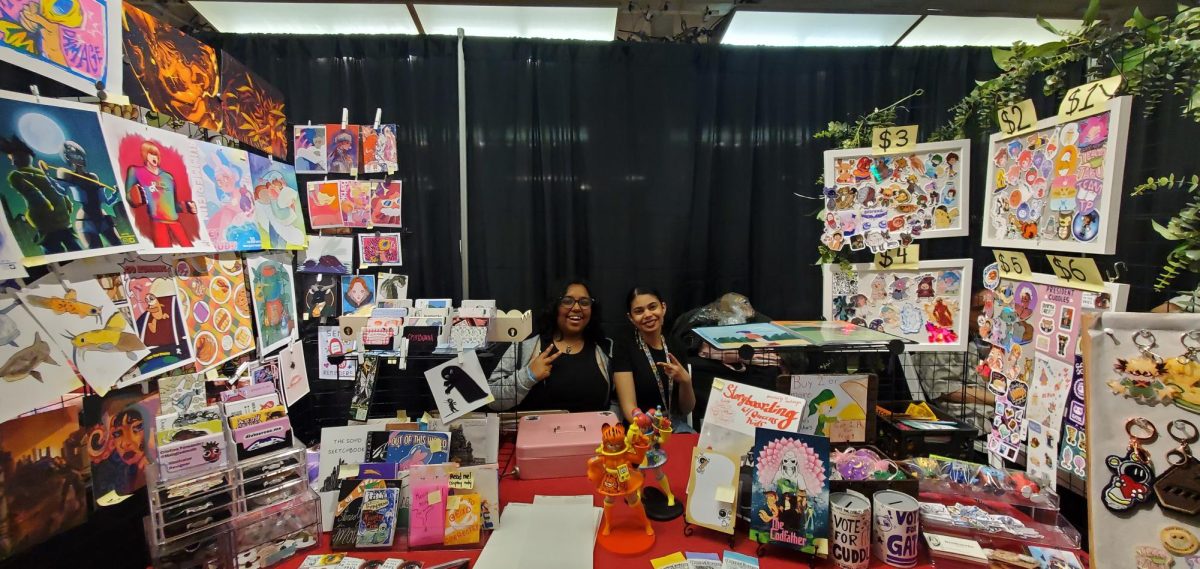

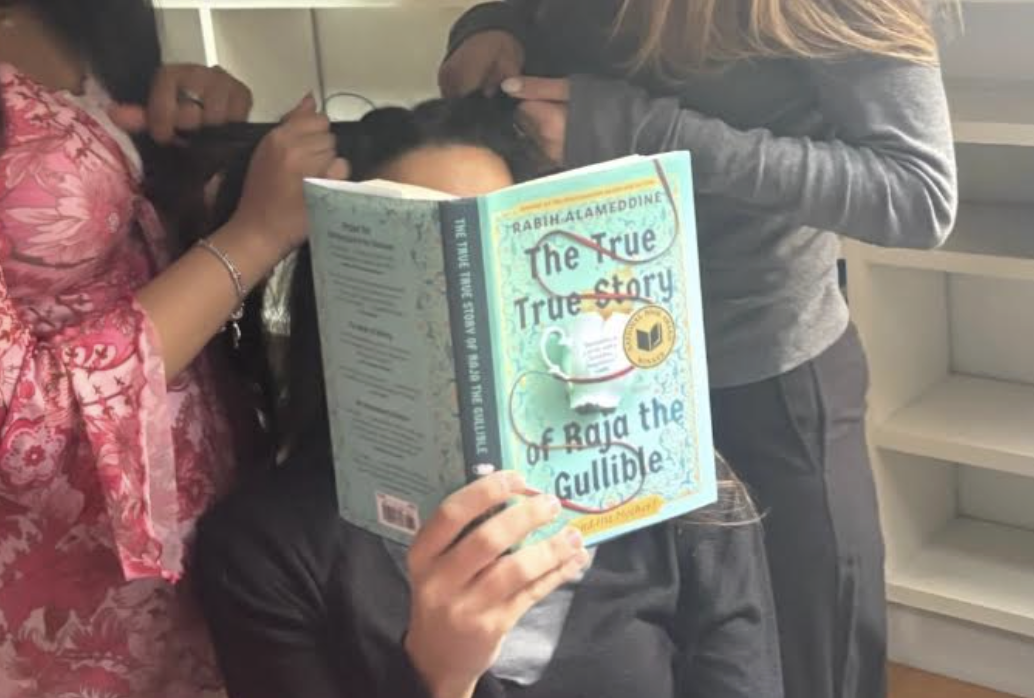

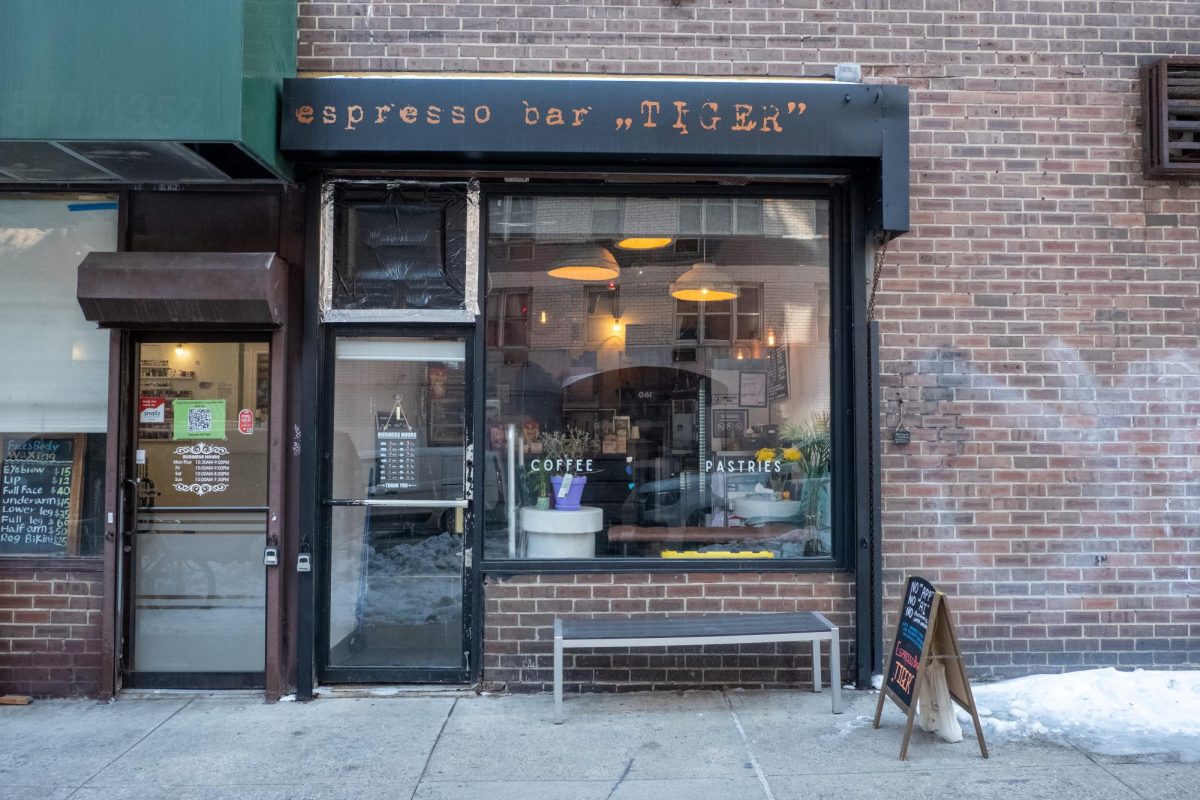
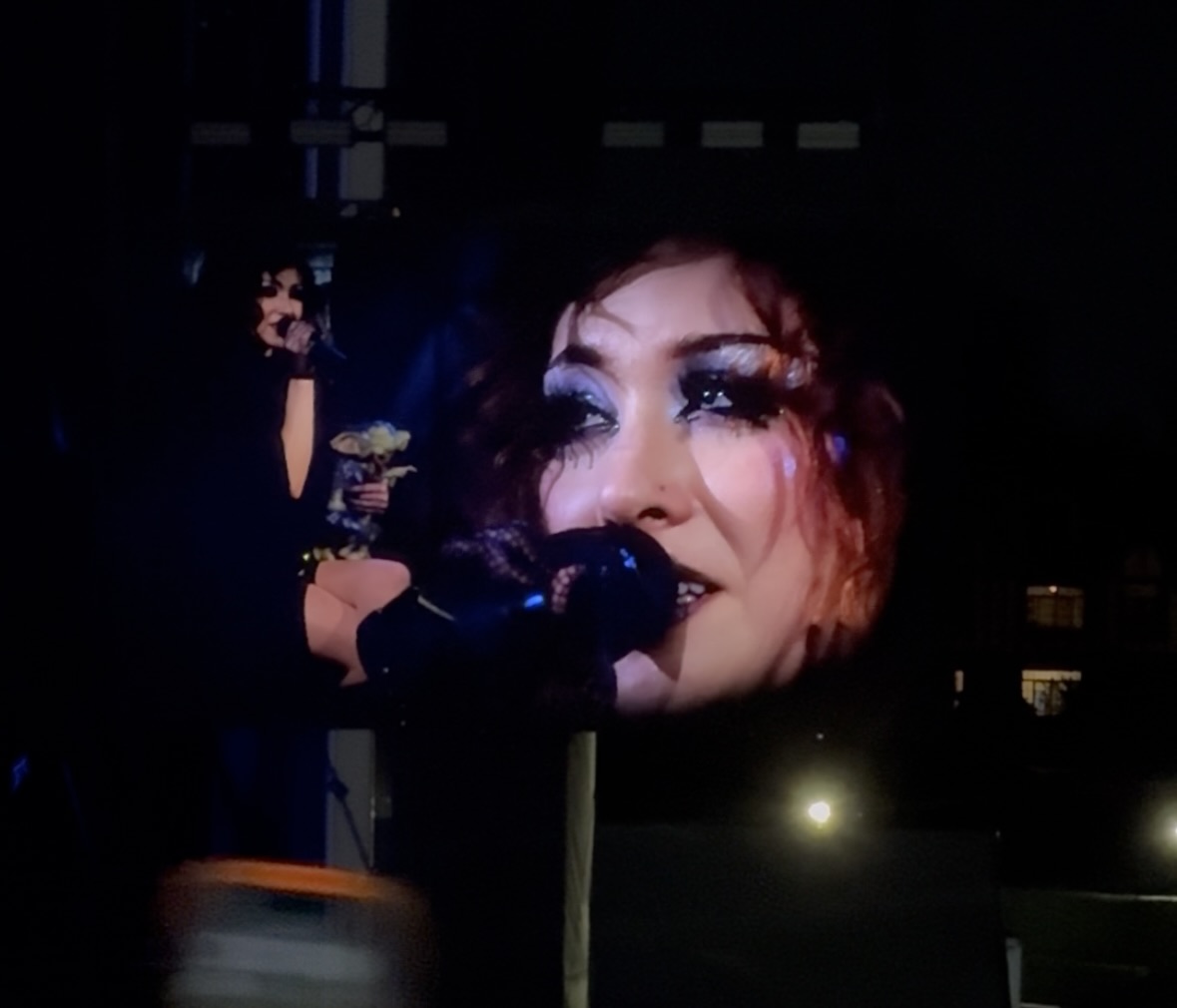
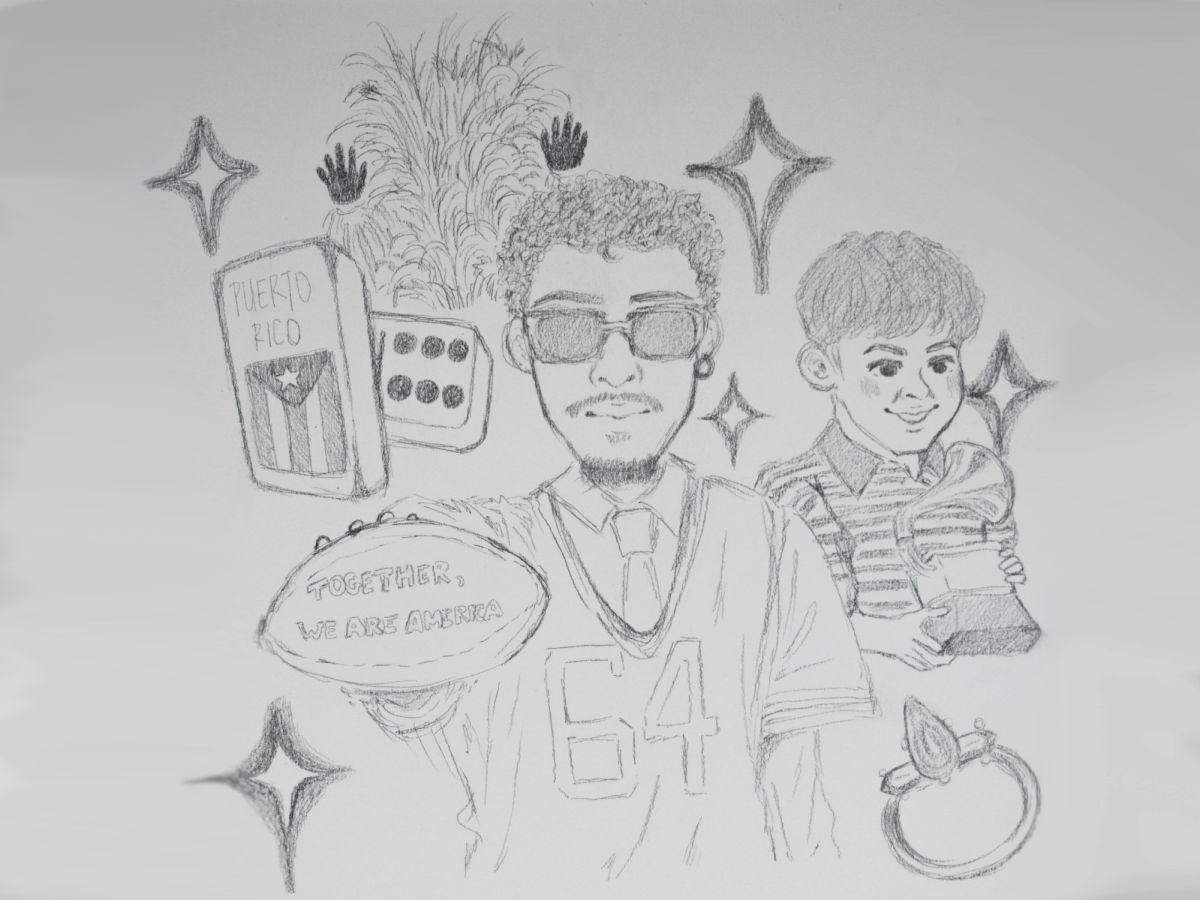
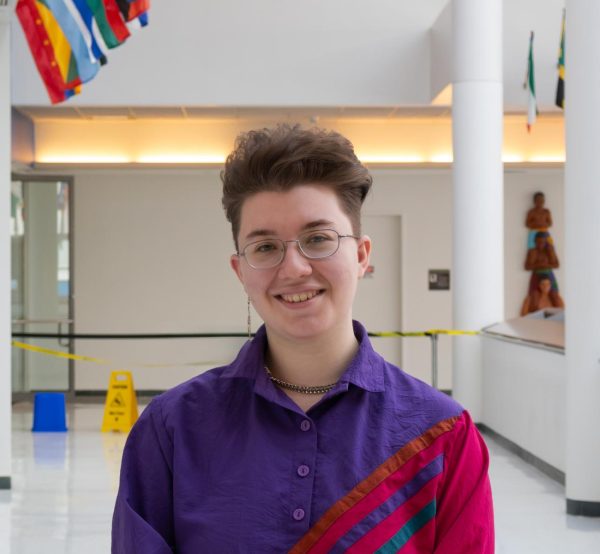
Syama Jivana Ramnarine • Mar 31, 2024 at 11:07 pm
Beautifully written, thank you for sharing CUNY’s contribution to the art scene!